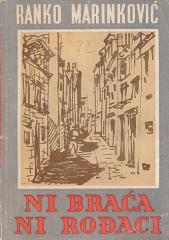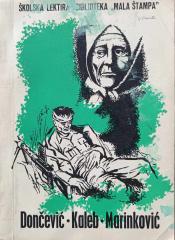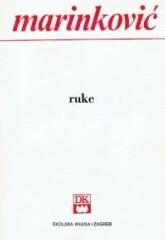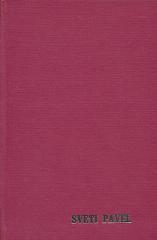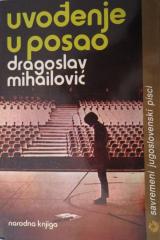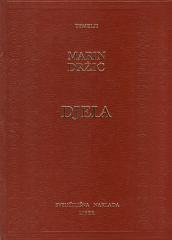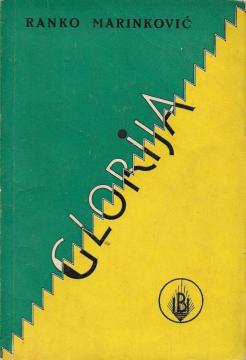
Glorija: mirakl u šest slika
"Glorija" je drama Ranka Marinkovića, prvi put izvedena 1955. godine, koja kroz snažnu simboliku i duboke filozofske motive istražuje složene teme grijeha, iskupljenja, ljudske prirode i odnosa između vjere i strasti.
Ovo djelo jedno je od najpoznatijih iz Marinkovićeva opusa te se često tumači kao moderna moralna drama s elementima kritike društvenih i religijskih dogmi.
Radnja je smještena u zabačeno mjesto, u kojem u središtu zbivanja stoji provincijski franjevački samostan. Glavni lik, fra Melkior, stari i iskusni svećenik, pokušava riješiti situaciju koja se javlja dolaskom mlade i privlačne putujuće glumice Glorije. Glorija se zbog nepredviđenih okolnosti skloni u samostan, što izaziva pomutnju među redovnicima i seljanima.
Kroz lik Glorije Marinković istražuje dualnost ljudske prirode – strast i grijeh nasuprot čistoći i vjeri. Fra Melkior, koji je nekoć i sam bio zaljubljen u svjetovnu ženu, suočava se s vlastitim prošlim slabostima dok pokušava pomoći Gloriji u njenoj unutarnjoj borbi. Paralelno, mladi fra Lucijan, Melkiorov štićenik, doživljava krizu vjere zbog svoje privlačnosti prema Gloriji.
Kako se drama razvija, sukobi između duhovnog i tjelesnog postaju sve izraženiji, kulminirajući u situacijama koje razotkrivaju dvoličnost zajednice i nemoć pojedinca pred vlastitim slabostima.
"Glorija" je duboka i slojevita drama koja postavlja univerzalna pitanja o ljudskoj prirodi, vjeri i strasti. Kroz intenzivne dijaloge i simboliku, Marinković propituje granice između božanskog i ljudskog, duhovnog i tjelesnog, dok istodobno kritizira društvenu licemjernost.
One copy is available
